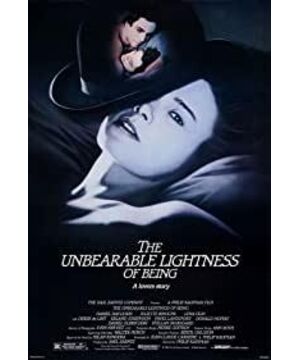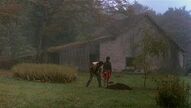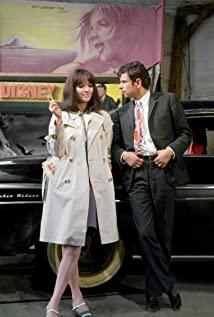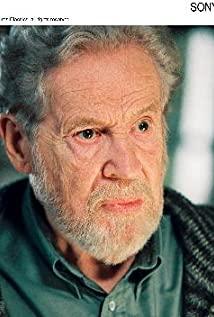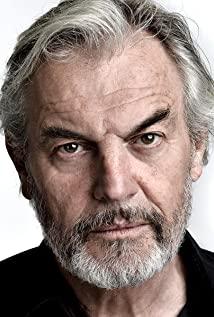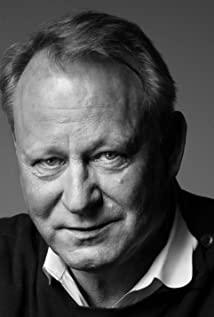"The Unbearable Lightness of Life" is Milan Kundera's masterpiece and is hailed as the greatest philosophical novel of the 20th century. I read the novel first and then watch the movie. The plot of the movie is basically faithful to the original, but the philosophical rationality of the novel is difficult to be visualized.
It is recommended to understand what is meant by "Prague Spring" before watching this movie. In the spring of 1968, the reform movement in the Czech Republic was in full swing and tried to break away from the control of the Soviet Union. As a result, the Warsaw Pact troops headed by the Soviet Union invaded the Czech Republic, occupied Prague overnight, and detained the Czech party and government leaders. The Czech people were angry. They took to the streets to protest against the Soviet aggression. Many people went into exile. Afterwards, the Czech Republic was purged, and many intellectuals were persecuted. This is the historical background of "Love in Prague", and it also determines the strong political color of the film.
At that time, Juliet Binoche was really young, her acting skills seemed a little immature, and she didn't have the deep temperament of the later works, but she was very suitable for the role of Tereza-a young girl from a small country town. Daniel Lewis plays the handsome and romantic surgeon Thomas. The British actors seem to have a noble temperament. His charming eyes are enough to kill countless MMs. I personally think that the most brilliant is actually the painter Sabina played by Lena Olin. Whether it is a bold sex scene or a delicate emotional change, she also won the Golden Globe Award for Best Supporting Actress.
As for the movie itself, it should be regarded as a romance, but there are many scenes that remind me of a sensitive event that happened in China. As Kundera said, "When people think, God laughs", history is not used to miss but to forget.
View more about The Unbearable Lightness of Being reviews


